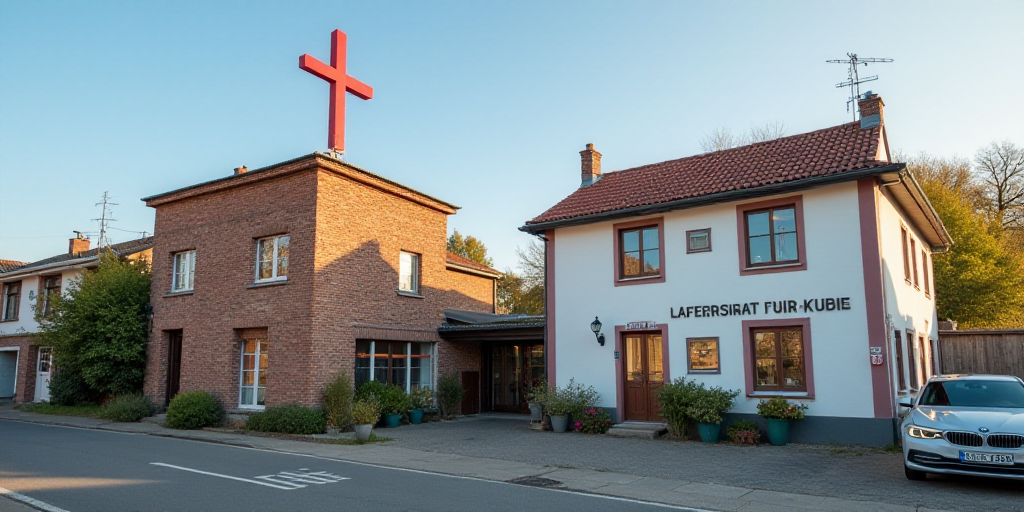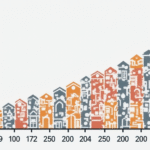Background on Bayer and its Relevance
Bayer, a prominent German pharmaceutical company, is considering tripling its clinical trials and investments in Mexico. This potential expansion stems from the recent improvements made by the Mexican health regulatory body, Comisión Federal para la Protección contra Riesgos Sanitarios (Cofepris), in the approval process for clinical studies.
Faster Approval Times for Clinical Trials
Previously, the process of obtaining approval for clinical trials in Mexico could take more than nine months. However, thanks to digitalization and simplification of administrative procedures, the approval time has been reduced to less than four months. Experts anticipate further improvements, potentially restoring Mexico’s competitiveness in this field shortly.
Carla Ceballos, Bayer’s Clinical Trials Specialist: “We believe that these times can continue to decrease… we are implementing improvements together. We provide the data to Cofepris for study approvals, and they expedite the review through their digital platform.”
Ceballos emphasized the importance of digitalization and simplified procedures implemented by Cofepris in reducing approval times for clinical protocols. She highlighted that Mexico can now compete not only with countries like Argentina, where the process takes less than a month, but also with any other nation by reducing approval times to 30 days. This gain of up to a year for patient recruitment in clinical trials is significant.
“What most affected research in Mexico were the approval times. This left us out consistently, and it still does,” Ceballos stressed.
She mentioned that one of Bayer’s lung cancer studies was approved in just four months, a record time not previously achieved.
Bayer’s Investments and Export Value
Daniel Londero, the head of Bayer’s Pharma Division, explained that the company invests around 20 million pesos annually in Mexico.
Daniel Londero: “We aim, as we have communicated to various health officials, to triple or even quadruple this investment value in the coming years.”
Bayer exports products worth 300 million USD annually from its Mexican production facilities, targeting over 30 markets including the United States, Canada, Latin America, Europe, and the Middle East.
Approximately 20% of these exports go to the US market, with popular over-the-counter medications like Aspirin and Alka-Seltzer being key products manufactured in Mexican plants.
At the “Sanando el Futuro” seminar, Londero highlighted that Bayer’s Orizaba-Ixtaczoquitlán, Veracruz factory produces hormonal contraceptives exported throughout Latin America.
This Veracruz facility is one of Bayer’s four global plants dedicated to producing active pharmaceutical ingredients (APIs) and the only one located outside Europe. Londero emphasized that hormones or chemical precursors used in Europe or the US for manufacturing contraceptives, distributed worldwide, originate from this Mexican plant.
Key Questions and Answers
- What is Bayer planning to do in Mexico? Bayer aims to triple its clinical trials and investments in Mexico due to the streamlined regulatory process.
- How has Cofepris improved the approval process? By implementing digitalization and simplifying administrative procedures, Cofepris has reduced approval times for clinical trials from over nine months to less than four months.
- What impact does this have on Bayer’s operations? Faster approval times enable Bayer to conduct more clinical trials and increase investments in Mexico, enhancing its competitiveness in the region.
- What is Bayer’s annual investment and export value in Mexico? Bayer invests around 20 million pesos annually and exports products worth 300 million USD from its Mexican facilities.
- What types of products does Bayer export from Mexico? Bayer exports over-the-counter medications like Aspirin and Alka-Seltzer, as well as hormonal contraceptives produced in its Mexican plants.






